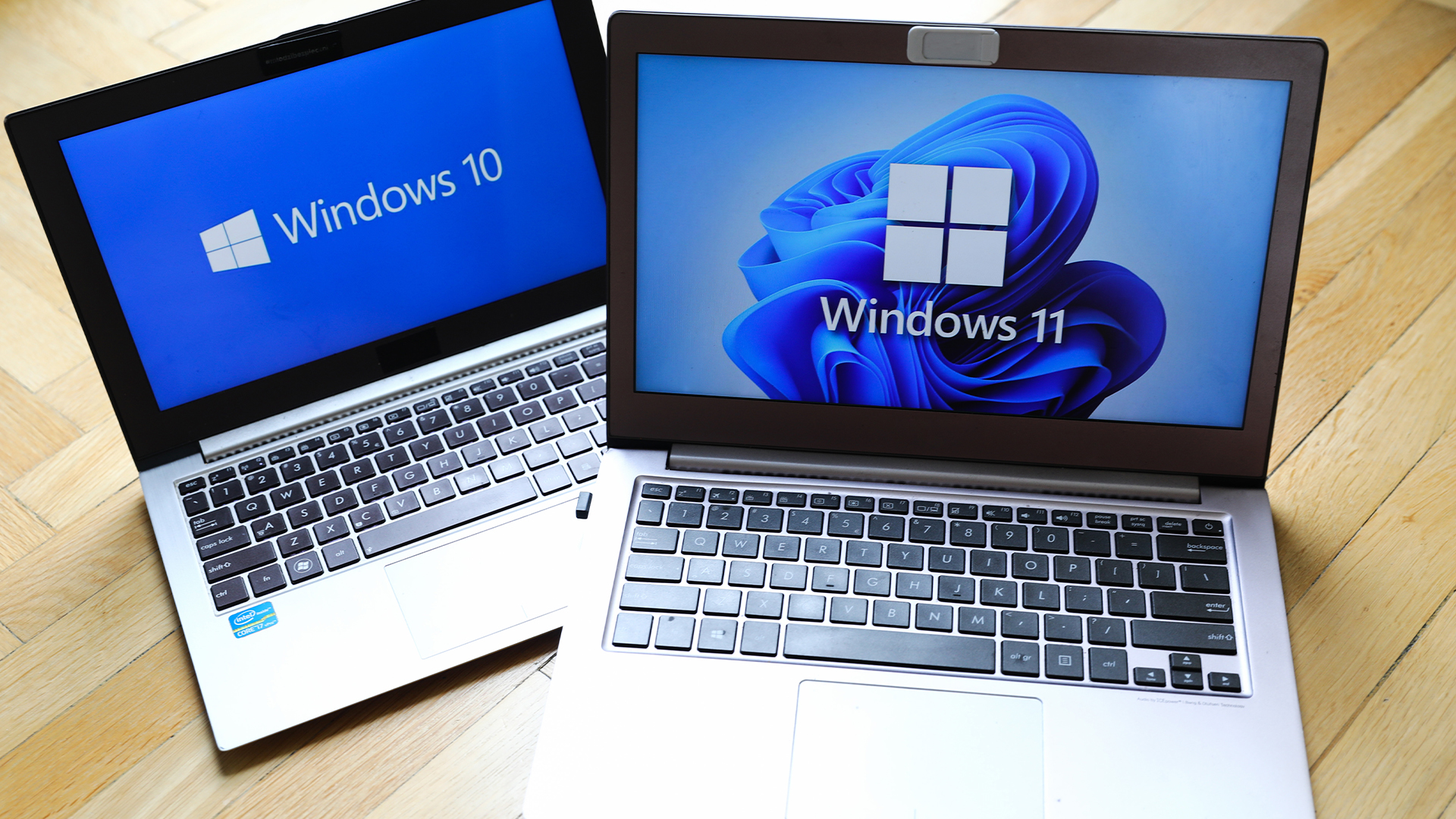Haiku: Reason to believe
Richard Hillesley looks at whether Haiku will get the opportunity to move from a hobby to a viable open source alternative.

So be it
Unlike at least one other project that set out to rewrite BeOS, Haiku does not use a Linux kernel and has been written from scratch, remaining as faithful as possible to the concepts of the original OS.
Indeed, the Haiku developers are fairly scathing about Linux systems. "Linux-based distributions," they say, "stack up software - the Linux kernel, the X Window System, and various DEs with disparate toolkits such as GTK+ and Qt - that do not necessarily share the same guidelines and/or goals. This lack of consistency and overall vision manifests itself in increased complexity, insufficient integration, and inefficient solutions, making the use of your computer more complicated than it should actually be."
Haiku, in contrast, claims to provide "a leaner, cleaner and more efficient system capable of providing a better user experience that is simple and uniform throughout."
BeOS was known for its elegance and simplicity - the two qualities that are said to be the inspiration for the choice of Haiku as the name for the project that seeks to resurrect BeOS. Haiku was also an obvious choice because NetPositive, the BeOS web browser, reported errors in the form of Haiku, such as:
"Sites you are seeking
404 not with us now
Sign up today and you will receive a free copy of our Future Focus 2025 report - the leading guidance on AI, cybersecurity and other IT challenges as per 700+ senior executives
Lost to paradise."
or
"Sites you are seeking
From your path they are fleeing
Their winter has come."
Be that as it may
The developers have decided that releasing the Haiku code under an MIT-style licence will eventually make it more attractive to manufacturers of devices. It's a matter of opinion whether this is an accurate approach, or whether a copyleft licence might have drawn more developers towards the project.
Haiku is approaching usability as a full operating system. This may have been a goal in itself, but Haiku now has the chance to go further, to become what BeOS might have been if things had turned out differently.
The interesting part of Haiku may be the steps the developers take after Haiku achieves its initial goal of becoming a full release of BeOS, which may take BeOS closer to its might-have-beens of 10 years ago. It could be the opportunity for a new beginning, a chance to leave its roots behind, and become a platform in its own right.
Haiku inhabits a different world where there is a growing of the market for internet-enabled devices, smartphones and specialist digital devices. Being open source and sustained by a small but dedicated user and developer community gives Haiku an entirely different set of possibilities to those faced by BeOS 10 years ago. It has the chance to survive and grow, uninhibited by the pressure to be anything but itself.
Much like the Linux kernel project, which began as "just a hobby, won't be big and professional like GNU", Haiku may have the opportunity to grow from being a hobby to becoming a viable alternative. It could well blossom from being a BeOS-like operating system to developing its own identity as an evolving platform for desktop computing.
-
 I couldn’t escape the iPhone 17 Pro this year – and it’s about time we redefined business phones
I couldn’t escape the iPhone 17 Pro this year – and it’s about time we redefined business phonesOpinion ITPro is back on smartphone reviews, as they grow more and more intertwined with our work-life balance
-
 The gig economy: Past, present, and future
The gig economy: Past, present, and futureFeature The rise of the gig economy represents a new era of flexible working despite being plagued with controversies
-
 Windows 10 extended support costs could top $7 billion
Windows 10 extended support costs could top $7 billionNews Enterprises sticking with Windows 10 after the October deadline face huge costs
-
 Tiny11 review: Windows 11 with only 2GB of RAM
Tiny11 review: Windows 11 with only 2GB of RAMReview A version of Windows 11 for older machines that don't meet the full requirements
-
 Red Hat Enterprise Linux becomes foundational operating system for Cohesity Data Cloud
Red Hat Enterprise Linux becomes foundational operating system for Cohesity Data CloudNews New strategic partnership between Red Hat and Cohesity aims to drive innovation in the data security and management space
-
 Ubuntu shifts to four-week update cycle
Ubuntu shifts to four-week update cycleNews Critical fixes will also come every two weeks, mitigating the issues involved with releasing prompt patches on the old three-week cadence
-
 AlmaLinux follows Oracle in ditching RHEL compatibility
AlmaLinux follows Oracle in ditching RHEL compatibilityNews Application binary compatibility is now the aim with 1:1 now dropped
-
 How big is the Windows 10 cliff-edge?
How big is the Windows 10 cliff-edge?ITPro Network With some comparing the upcoming Windows 10 end of life to Windows XP, we ask members of the ITPro Network for their insight
-
 Everything you need to know about the latest Windows 11 updates - from bug fixes to brand-new features
Everything you need to know about the latest Windows 11 updates - from bug fixes to brand-new featuresNews Two new cumulative updates are on the way and will be installed automatically on Windows 10 and Windows 11 machines
-
 How to download a Windows 11 ISO file and perform a clean install
How to download a Windows 11 ISO file and perform a clean installTutorial Use a Windows 11 ISO to install the operating system afresh